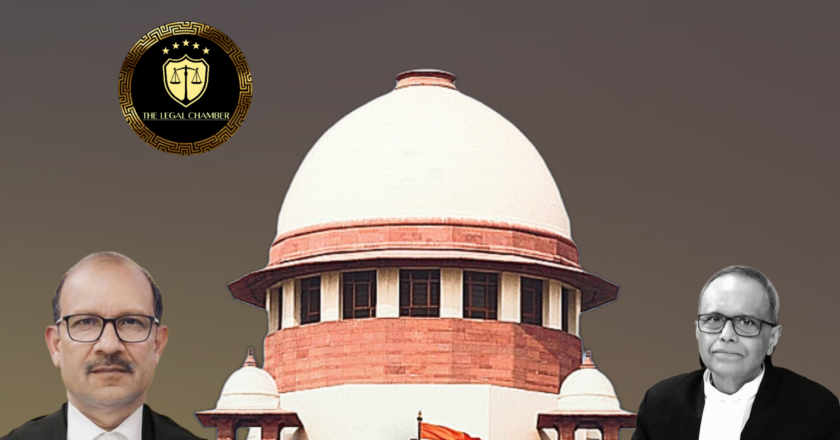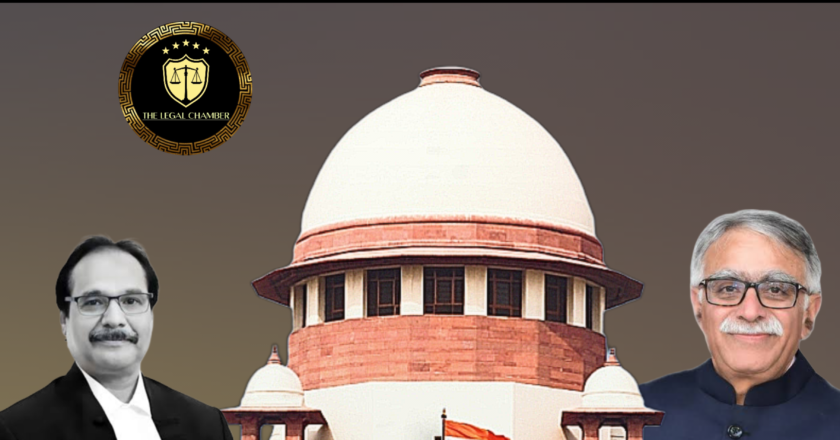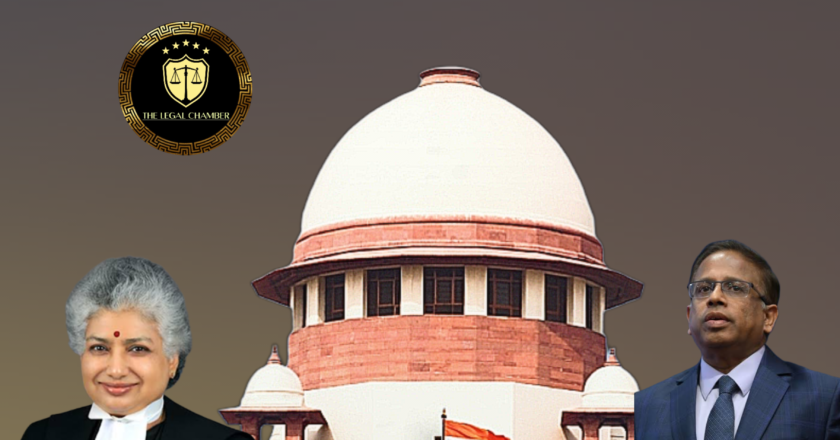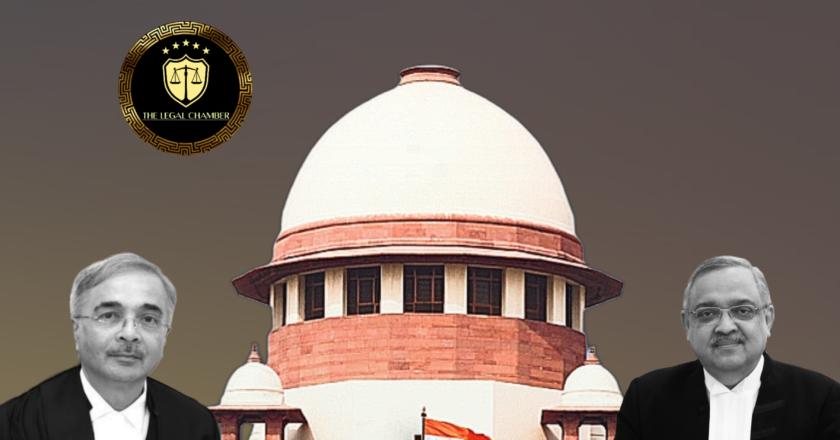Why the Accused Were Freed: Supreme Court Explains Legal Holes in Prosecution’s Murder Conspiracy Case
The Supreme Court upheld the High Court's acquittal, emphasizing the prosecution's failure to prove guilt beyond reasonable doubt. The evidence presented, including motive, last seen theory, and recoveries, was found unreliable, inconclusive, and legally inadmissible. The Court reiterated that appellate interference in an acquittal is unwarranted unless the judgment is perverse or based on a misreading of evidence.
Facts Of The Case:
The case originated from the murder of Shri Suresh Sharma, whose body was discovered on January 23, 2006, with his hands tied and visible signs of strangulation. The prosecution's case was that the respondents, Bhanwar Singh, Hemlata, and Narpat Choudhary, conspired to kill the deceased due to various motives. It was alleged that Hemlata and her husband Na...









